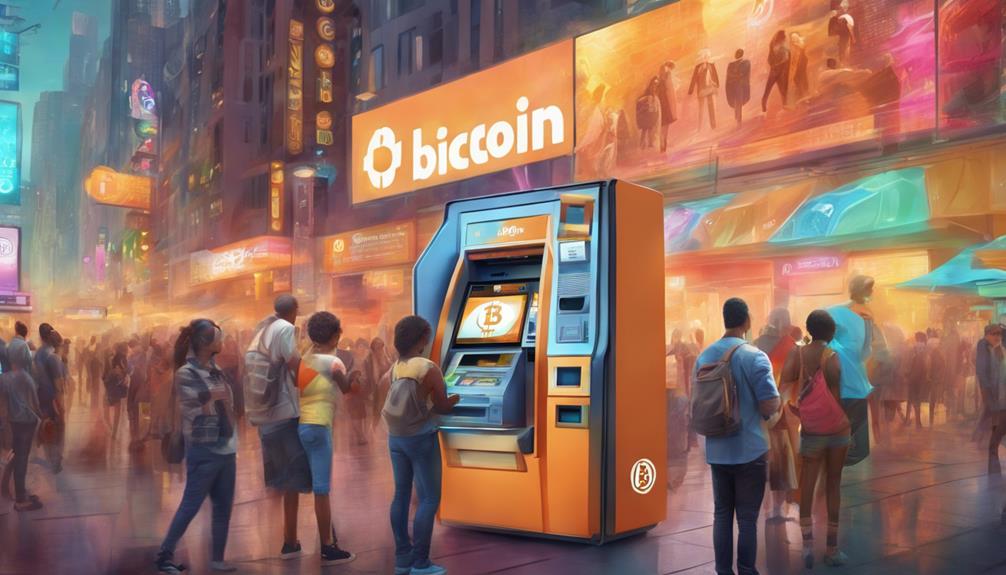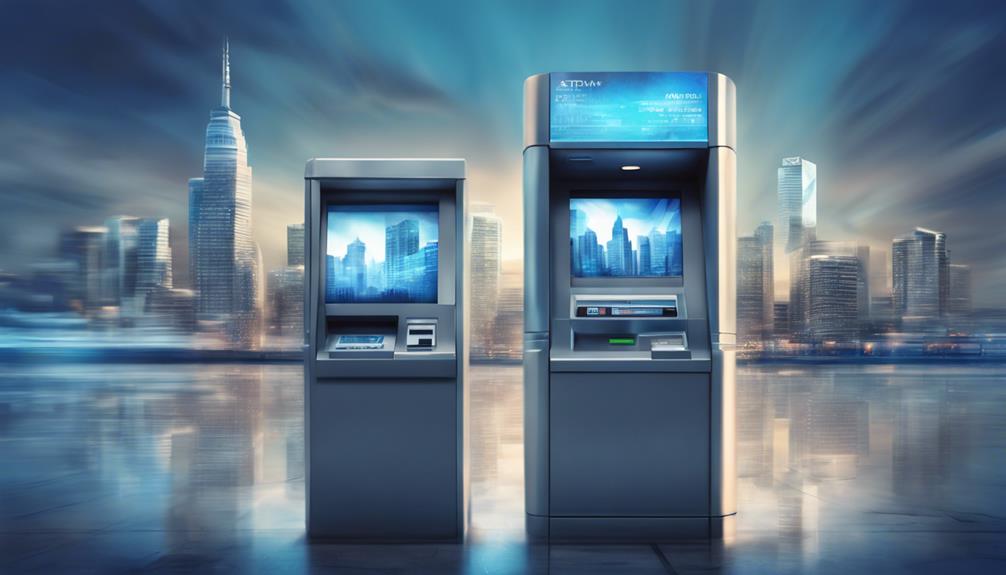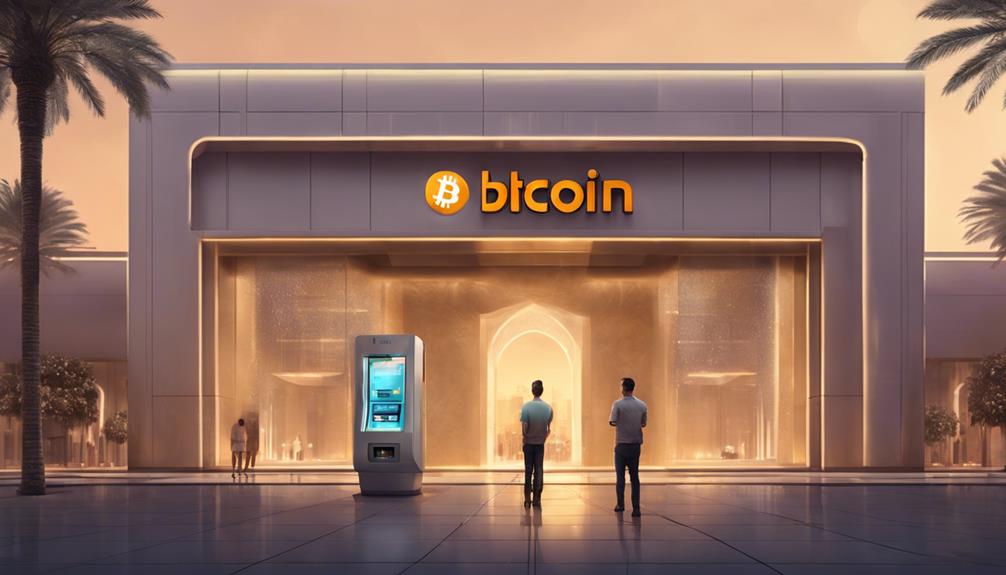Which Cryptocurrencies Have a Limited Supply
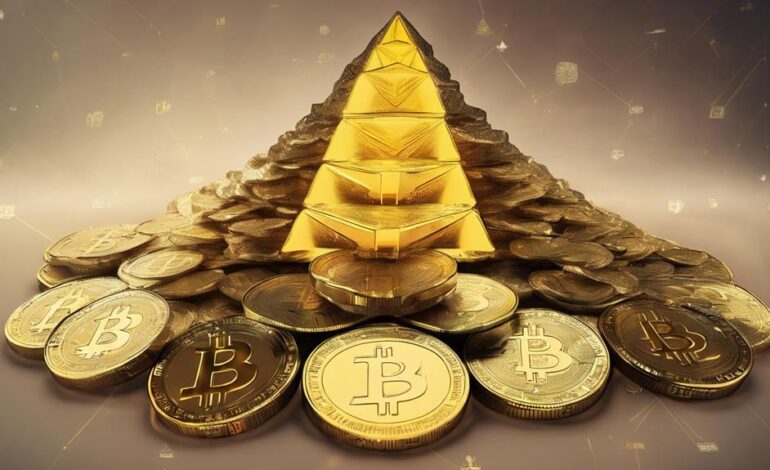
Cryptocurrencies with a limited supply include Bitcoin.
Bitcoin is capped at 21 million coins.
Other examples include Litecoin, and Binance Coin.
Key Benefits of Limited Supply
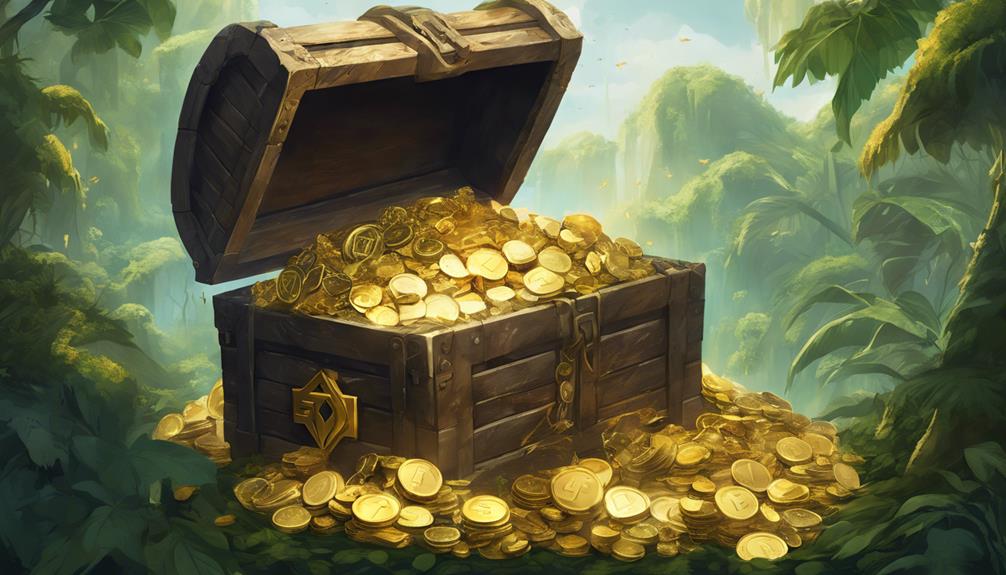
Cryptocurrencies with a capped supply, such as Bitcoin, inherently boost their value by creating scarcity that drives demand. When you invest in a crypto with limited supply, you're joining an exclusive group of holders who recognize the unique benefits of these assets.
Having a max supply sets a finite limit on the number of tokens that will ever exist, mirroring precious resources like gold. This limited total supply not only safeguards your investment against inflation — it actually enhances its value as more people vie for a piece of a shrinking pie.
Tokens with capped supplies offer you a predictable market. Since the total supply is fixed and publicly known, you can better assess the potential for price increases as demand continues to grow.
This can be particularly reassuring when you're looking to make long-term investments. You're not just buying into a currency; you're securing a stake in a scarce resource that others will find increasingly desirable.
Moreover, this scarcity enhances the appeal of your investment, positioning it much like a collectible.
As supplies dwindle and more investors become aware of their limited availability, the value of your holdings could soar, affirming your decision to be part of this select community.
Challenges of Scarce Cryptocurrencies
While limited supply can enhance a cryptocurrency's appeal, it also brings several noteworthy challenges.
This scarcity model, crucial in creating value, can also lead to volatility and barriers to entry.
When you're part of the community that trusts in the power of limited supply, you're also facing the unpredictability that it can provoke.
The very nature of limited supply means fewer coins in circulation, which in turn can drive prices up unexpectedly.
Consider how supply and demand play out here.
A capped maximum supply, like 21 million with Bitcoin, inherently creates scarcity.
This scarcity can be beneficial, but it simultaneously makes it harder for new users to buy in without substantial investment.
It's not just about owning a part of the network; it's about whether you can afford to join in the first place.
Moreover, extreme price fluctuations can occur if a significant percentage of existing coins are hoarded by a few.
This could alienate potential newcomers who feel left out of the rally, damaging the sense of community and belonging.
It's crucial to remember that while chasing the allure of scarcity and a limited supply, maintaining a welcoming and inclusive environment is equally important.
Top Limited Supply Cryptocurrencies
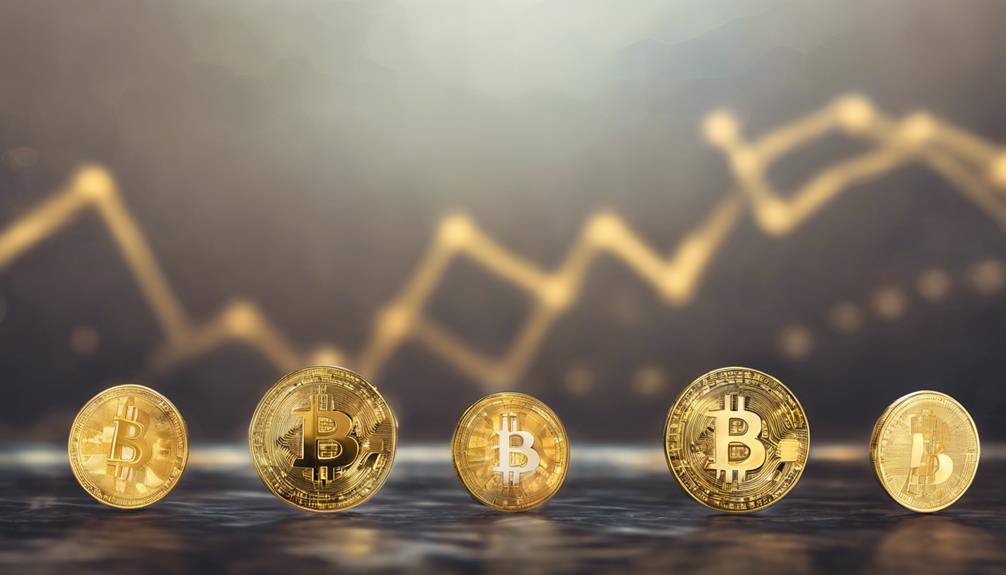
Top Limited Supply Cryptocurrencies are aligned with the principles of exclusive clubs, offering potential future price escalations.
Bitcoin (BTC) is the first and most well-known, with a capped supply of 21 million coins, it stands as the most valuable and anti-inflationary cryptocurrency.
Litecoin (LTC) has a cap of 84 million coins, offering exclusivity without the immense market cap of Bitcoin, promoting transparency and limited supply.
Binance Coin (BNB) has a total supply reduced through coin burns, increasing the value of each coin, echoing the logic of a rare vintage's increasing worth with decreased availability.
Each token's capped nature aids in potential value escalation, drawing parallels with precious metals.
Investment Strategies and Tips
Investment Strategies and Tips
Before diving into cryptocurrency investments with limited supplies, it's crucial to understand how their inherent scarcity can drive long-term value growth.
Cryptocurrencies with a fixed supply are often likened to precious metals due to their limited amount, making them valuable assets over time. You're not just buying into a currency; you're becoming part of a select group that owns a slice of a finite resource.
For example, Bitcoin caps at 21 million coins, fostering not only exclusivity but also potential price surges as demand increases. Chainlink and Binance Coin, with their respective supplies of 1 billion and 200 million coins, similarly offer that rarity, boosting their appeal and possibly, your portfolio's resilience against inflation.
When you're assessing where to invest, consider how these capped supplies can affect the market. You're looking for stable growth and a robust market cap—indicators that the digital asset you're eyeing could weather market fluctuations.
By investing in cryptocurrencies with limited amounts, you join a community that values scarcity and potential growth, much like investors in gold or silver.
For several reasons, remember, part of being an insightful investor is about seeing ahead. Limited supply cryptocurrencies might just be your next big community and investment breakthrough.
Future of Low-Supply Crypto Markets

Understanding investment strategies offers a solid foundation, and now consider how the scarsity of cryptocurrencies like Bitcoin (BTC) influences the future of low-supply crypto markets. This intrinsic scarcity is likely to continue pushing demand and driving up their value, making them increasingly attractive investment opportunities.
As you're part of this evolving community, it's crucial to stay informed and proactive. Cryptocurrencies such as Binance Coin (BNB) and Cardano (ADA) are nearing their supply caps, which possibly makes them more valuable over time. The allure isn't just in their scarcity; it's also in their potent market impact.
Getting involved now means you're setting yourself up at the forefront of what could be substantial growth, driven by tightening availability. However, there's a double-edged sword to consider. The concentration of wealth among few holders can result in increased volatility and unpredictability.
Here's where your keen knowledge on DeFi platforms could prove invaluable. These platforms utilize smart contracts to innovate transaction processes, striving for smarter, faster, and less costly transactions.
Interoperable tokens and systems like those found on Trust and Mudrex further offer safer and more efficient avenues for investing in these low-supply markets. By staying engaged and informed, you're not just investing; you're becoming a pivotal part of this dynamic community.
Frequently Asked Questions
Which Crypto Has No Max Supply?
You're curious about which cryptocurrencies have no max supply. Ethereum and Dogecoin are prime examples; both operate without a cap, making them unique in a world of limited-supply digital assets like Bitcoin. Unlike Bitcoin, which has a fixed supply of 21 million coins, both Ethereum and Dogecoin have unlimited or theoretically unlimited supplies.
Are All Cryptocurrencies Limited in Supply?
Not all cryptocurrencies are limited in supply. Bitcoin, for instance, has a maximum supply of 21 million, which is designed to increase its scarcity over time. Assuming that supply scarcity will drive demand and price. In contrast, others, such as Ethereum, do not have a fixed supply cap to support various economic theories and usability features.
Which Crypto Coins Have Unlimited Supply?
You're exploring which crypto coins boast an unlimited supply. Not all do, but some like Dogecoin allow continuous mining or minting, ensuring they're always accessible for you to join in.
Does XRP Have a Limited Supply?
Yes, you'll find that XRP does have a limited supply. There are 100 billion XRP coins created, and no more will be made, ensuring scarcity and potentially adding to its value over time.
Conclusion
You've explored the intriguing world of low-supply cryptocurrencies, learning about their benefits, challenges, and top players like Bitcoin, Litecoin, and Binance Coin.
By understanding these, you can craft smarter investment strategies tailored for scarce digital assets.
As the markets evolve, keeping a sharp eye on supply trends will be crucial.
Dive in, leverage your knowledge, and possibly capitalize on the exclusivity and potential high value of these limited cryptocurrencies as they continue to shape the future of digital finance.



